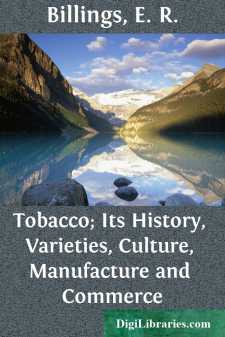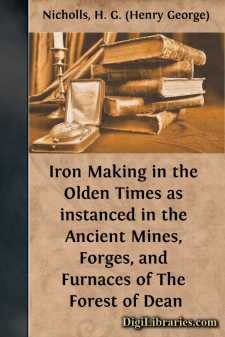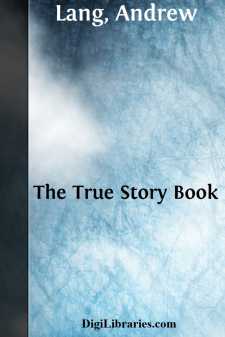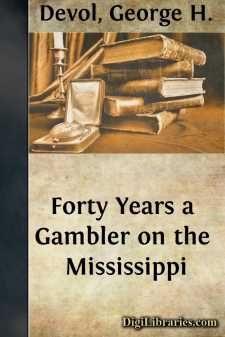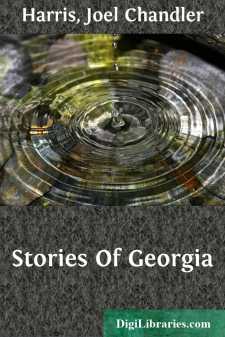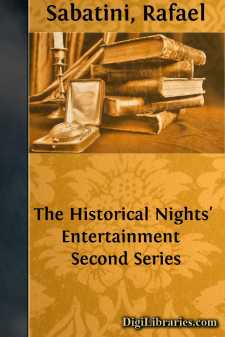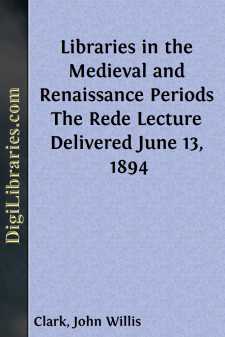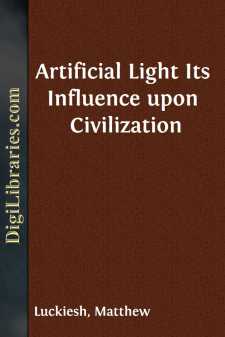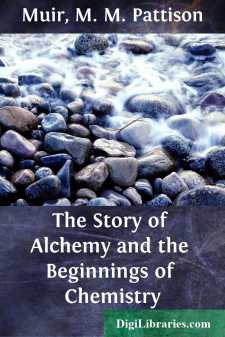History
- Africa 30
- Americas (North Central South West Indies) 50
- Ancient 68
- Asia 58
- Australia & New Zealand 8
- Canada 41
- Caribbean & West Indies 1
- Civilization 20
- Eastern Europe 12
- Europe 310
- Expeditions & Discoveries 60
- General
- Historical Geography 1
- Jewish 9
- Latin America 3
- Medieval 8
- Middle East 14
- Military 248
- Revolutionary 8
- Study & Teaching 5
- United States 353
- Western Europe 56
- World 13
General Books
Sort by:
by:
E. R. Billings
THE TOBACCO PLANT. Botanical Description — Ancient Plant-Bed — Description of the Leaves — Color of Leaves — Blossoms — The Capsules and Seed — Selection for Seed — Suckers — Nicotine Qualities — Medicinal Properties — Improvement in Plants. CHAPTER TOBACCO. ITS DISCOVERY. Early Use — Origin of its Name — Early Snuff-Taking — Tobacco in Mexico — Comparative Qualities of...
more...
'They were men whose fathers were men'TO make it clear how Major Wilson and his companions came to die on the banks of the Shangani on December 4, 1893, it will be necessary, very briefly, to sketch the events which led to the war between the English settlers in Mashonaland in South Africa and the Matabele tribe, an offshoot of the Zulu race.In October 1889, at the instance of Mr. Cecil...
more...
If there be one circumstance more than another that has conferred celebrity on the Forest of Dean, it is the remote origin, perpetuation, and invariably high repute of its iron works. Uniting these characteristics in one, it probably surpasses every other spot in Great Britain. In the author’s former “historical account” of this neighbourhood, he gave all the information he had then collected...
more...
by:
Andrew Lang
INTRODUCTIONItis not without diffidence that the editor offersThe True Story Bookto children. We have now given them three fairy books, and their very kind and flattering letters to the editor prove, not only that they like the three fairy books, but that they clamour for more. What disappointment, then, to receive a volume full of adventures which actually happened to real people! There is not a...
more...
by:
George H. Devol
BOYHOOD DAYS. "I'll serve his youth, for youth must have his course, For being restrained it makes him ten times worse; His pride, his riot, all that may be named, Time may recall, and all his madness tamed." My Dear Reader: I first saw the light of day in a little town called Marietta, at the mouth of the Muskingum River in the State of Ohio, on the first day of August,...
more...
PREFACE. In preparing the pages that follow, the writer has had in view the desirability of familiarizing the youth of Georgia with the salient facts of the State's history in a way that shall make the further study of that history a delight instead of a task. The ground has been gone over before by various writers, but the narratives that are here retold, and the characterizations that are here...
more...
by:
Rafael Sabatini
Preface The kindly reception accorded to the first volume of the Historical Nights Entertainment, issued in December of 1917, has encouraged me to prepare the second series here assembled. As in the case of the narratives that made up the first volume, I set out again with the same ambitious aim of adhering scrupulously in every instance to actual, recorded facts; and once again I find it desirable at...
more...
LIBRARIES. A library may be considered from two very different points of view: as a workshop, or as a Museum.FEELINGS ABOUTThe former commends itself to the practical turn of mind characteristic of the present day; common sense urges that mechanical ingenuity, which has done so much in other directions, should be employed in making the acquisition of knowledge less cumbrous and less tedious; that as we...
more...
by:
Matthew Luckiesh
I The human race was born in slavery, totally subservient to nature. The earliest primitive beings feasted or starved according to nature's bounty and sweltered or shivered according to the weather. When night fell they sought shelter with animal instinct, for not only were activities almost completely curtailed by darkness but beyond its screen lurked many dangers. It is interesting to...
more...
CHAPTER I THE EXPLANATION OF MATERIAL CHANGES GIVEN BY THE GREEK THINKERS. For thousands of years before men had any accurate and exact knowledge of the changes of material things, they had thought about these changes, regarded them as revelations of spiritual truths, built on them theories of things in heaven and earth (and a good many things in neither), and used them in manufactures, arts, and...
more...


